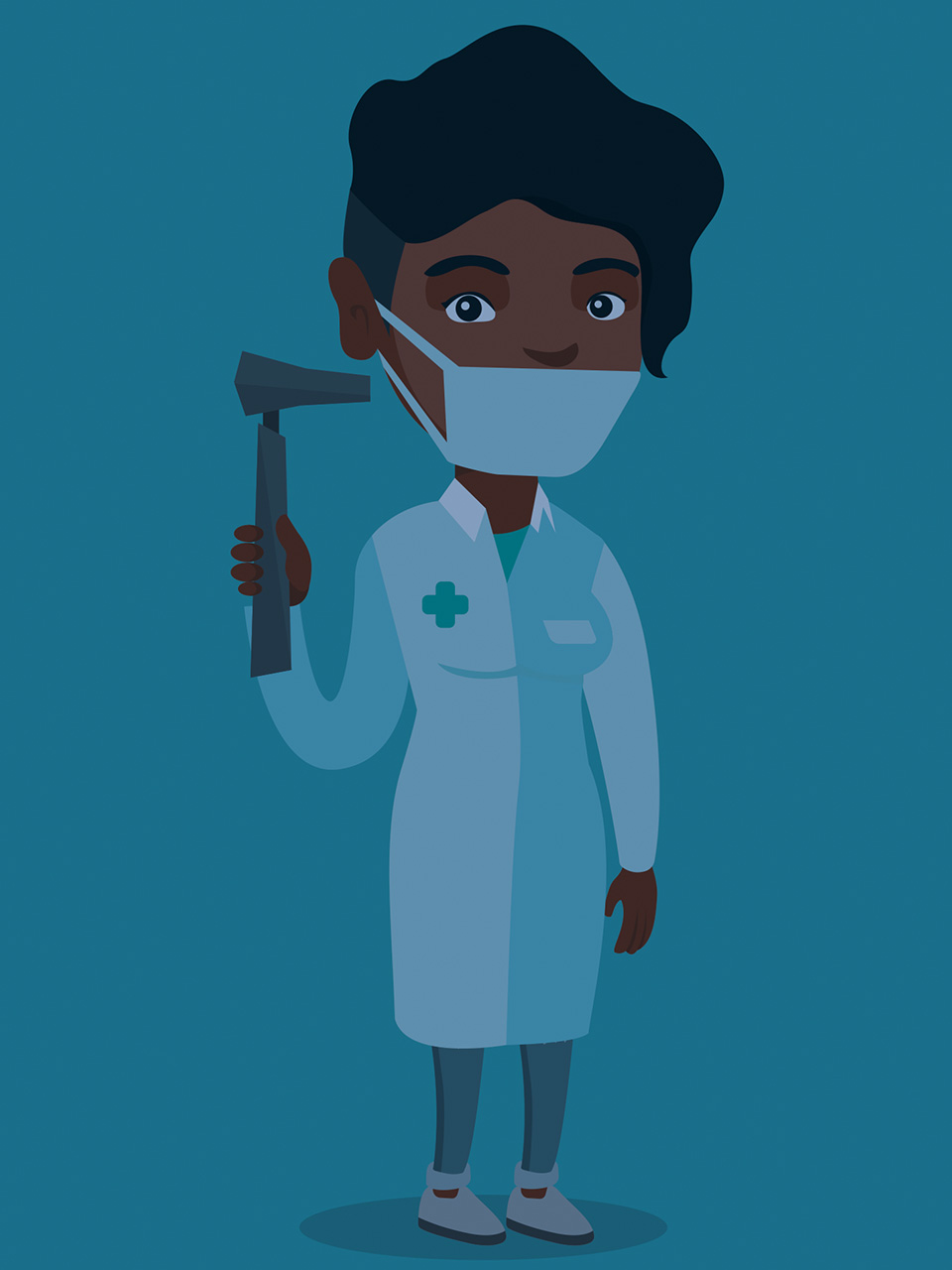Considering the career outlook and number of people opting for an audiology career, we will acquaint you with the educational requirements of an audiologist, the job description, and salary range.

Tap to Read ➤
Education Requirements to Become an Audiologist
Ujwal Deshmukh


Considering the career outlook and number of people opting for an audiology career, we will acquaint you with the educational requirements of an audiologist, the job description, and salary range.

Gone are the days, when people used to run behind and strive hard to get an entry into direct medical services, and become a doctor, surgeon, or in general pursuit of a medical job, which is related to direct treatment and surgery. Previously, jobs associated with direct patient care, were high paying, and the career opportunities were also higher.

In modern era, allied health care professions can be added to the list of 'most coveted careers', as they have revolutionized patient care, strengthening the bond between doctor and patient by giving effective service and treatments. Audiology, an allied health care profession, is a branch of medical science that deals with hearing and balance disorders.

Audiologists are experts that deal with the diagnosis, identification, and study of disorders related to the vestibular system, and the auditory system of the ear. This is a specialized area of research, and an independent branch of medical science, therefore the job is challenging, and it requires detailed education and training to become an audiologist.

Educational Requirements
Students interested in becoming audiologists, should concentrate and score well in science subjects such as chemistry, biology, physics, and mathematics. Currently, the basic requirement of any health care organization is a master's degree.

Master of arts or science degree in audiology, or master of arts in speech pathology are the educational parameters to earn the job. For postgraduate courses in audiology, you need to complete graduate programs in psychology, linguistics, phonetics, or sign language. Further, to become an authorized audiologist, it is necessary to obtain a state license.

If students pursuing a postgraduate degree or PhD program in audiology wish to get certified in Clinical Competence in Audiology from the American Speech-Language Hearing Association (ASHA), they have to clear the Praxis examination with a minimum score of 600, and obtain a certificate in clinical fellowship from a certified and professional audiologist.

Job Description
- Identifying and diagnosing the exact problem of hearing and also finding out the cause behind it.
- Determining the hearing and the sound distinguishing ability of the patient with the help of various specialized equipment.

- Recording the data. Analyzing the entire test, by considering the psychological, educational, and medical data of the patient's history, to diagnose, and identify the problem.
- On the basis of all analytical results, determining a definite course of treatment over the problem.

- Study various types of hearing disorders, and prepare documents for future references.
- Maintaining medical records, and taking care of the hearing equipment.

- Maintaining, and if necessary repairing hearing aids.
- Counseling patients on hearing techniques, and using hearing aids.
- Apart from all these core duties, training and mentoring new audiologists, also forms an important part of the job.

Salary Range
Like all other jobs, the most important factors that decide the salary range of audiologists are, educational qualifications, experience, performance, and employer size. The median expected salary of an audiologist is around USD 73,240 - USD 86,886. However, the most experienced and educated ones in the fraternity definitely earn more than this range.

Audiology has an excellent career outlook, and in the next 7- 8 years, there is going to be a considerable increase in the number of jobs in this field. These professionals have enormous career opportunities, as apart from working as audiologists in health care organizations, as audiology trainers, and professors in universities, colleges, and institutions.

Audiology, as a career, is definitely developing over the years. Therefore, looking at this scenario, and considering the need for more effective patient care in the future, the minimum educational requirements would be a doctoral degree in audiology, or studies closely related to it.

All the prospective audiologists should learn as much as they can, and earn the highest qualification in audiology. This would prove vital from the point of view of career development.